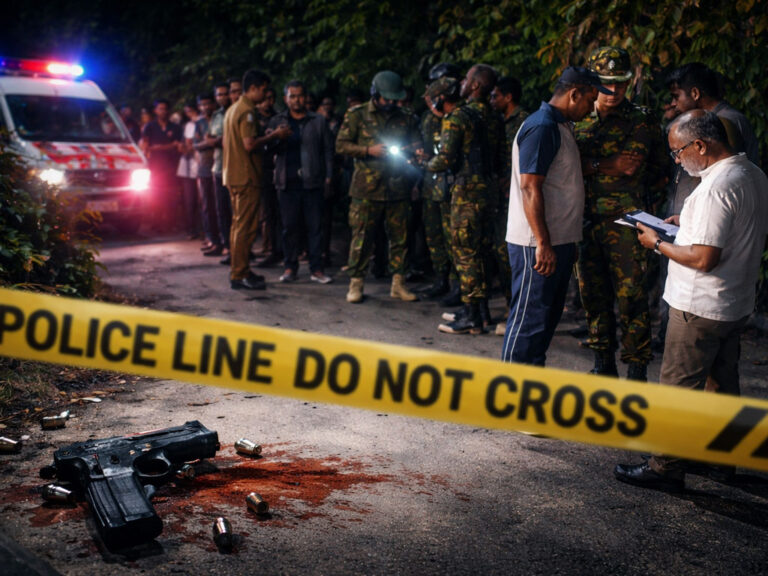
In Taliban-ruled Afghanistan, women are largely excluded from almost all areas of public life
Breaks earlier promise never to marry till Afghanistan won a world cup
Afghan cricketer Rashid Khan tied the knot in Kabul on Thursday, and while congratulations poured in from fellow cricketers, many were left puzzled by the absence of any women, including his bride, in the wedding photos.
Rashid, the captain of Afghanistan’s T20I team, and his brothers Amir Khalil, Zakiullah, and Raza Khan all got married on the same day in a traditional Pashtun ceremony. However, the absence of any female figures in the photos shared on social media raised questions. Among those posting images from the wedding was former Afghan cricket captain Mohammad Nabi, who congratulated Rashid on X (formerly Twitter): “Congratulations to the one and only King Khan, Rashid Khan, on your wedding! Wishing you a lifetime of love, happiness, and success ahead.”
One fan humorously commented, “Woh sab toh thik hai, par dulhaniyaa kahan hai?” (All this is fine, but where is the bride?). Another questioned why there couldn’t be a photo of the bride with her face blurred out.
The lack of women in Rashid’s wedding photos reflects the harsh reality of life for women in Taliban-ruled Afghanistan, where they are systematically excluded from public life. Under Taliban rule, women and girls are barred from education beyond the sixth grade and banned from public spaces like parks, gyms, and salons. Afghan women are also restricted from working, and must always be accompanied by a male guardian (mehram) when leaving their homes, or they face punishment.
A UN report published in July 2024 highlights the grim situation, noting at least 1,033 instances where Taliban ministry employees used force to enforce their rules, violating people’s liberty and integrity. Women in Afghanistan are now required to cover their entire bodies and faces with thick clothing, and are prohibited from singing, reading aloud, or being heard in public spaces—even within their own homes. Violating these rules can result in punishments ranging from warnings to detentions in public jails.
Despite international outrage over the Taliban’s repressive policies, the regime has remained defiant, dismissing criticism as “arrogance.” However, Afghan women continue to resist, using social media as a platform to share videos of themselves singing, a silent yet powerful defiance against the oppressive rules. One popular song’s lyrics embody their resilience: “Their boots might be on my neck, or their fists to my face. But with our deep light inside, I will fight through this night.”
Rashid Khan’s wedding photos may have sparked curiosity, but they also serve as a reminder of the harsh realities faced by Afghan women under the Taliban’s rule.






